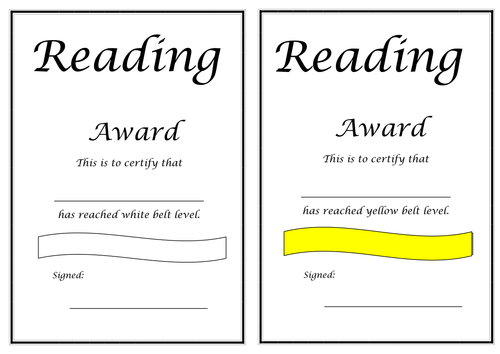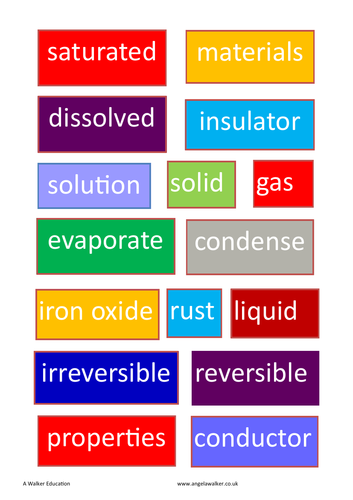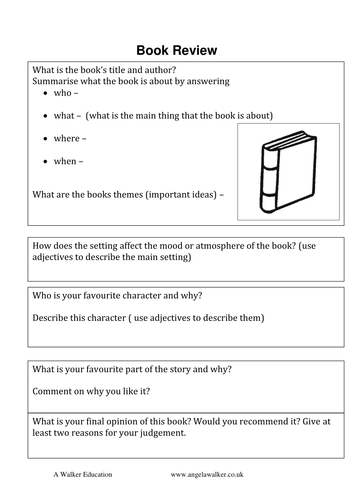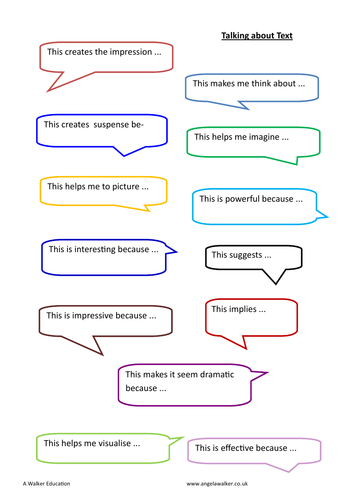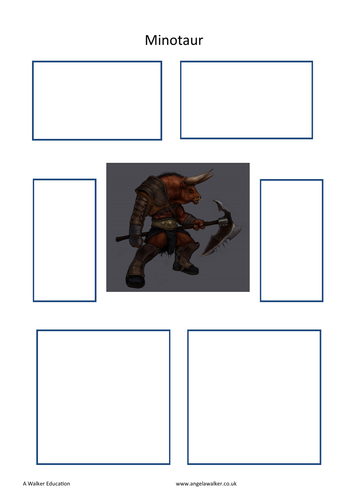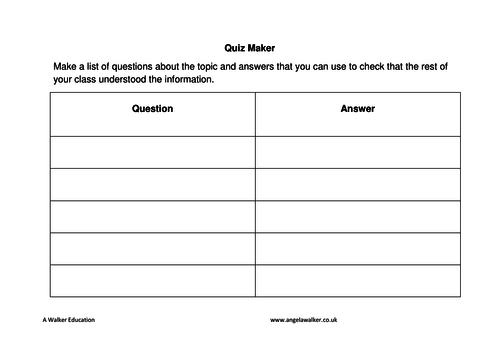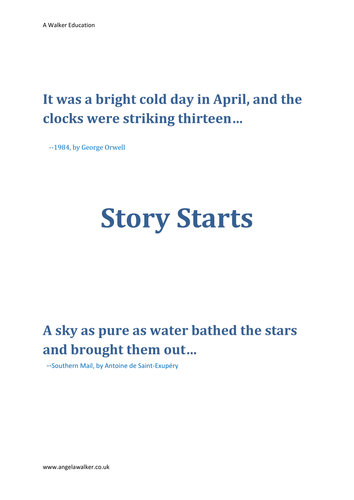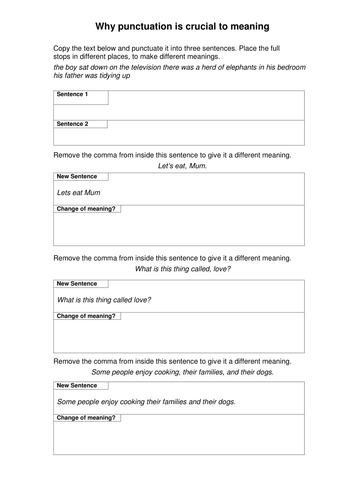AWalkerEducation's Shop
A Walker has worked as an LEA Literacy Consultant, an Expert Leading Literacy Teacher, a primary school teacher, an author and was responsible for teaching and learning at one of the UK’s leading Independent Prep schools. She is an author of educational materials used in schools for Cambridge University Press, Pearson, Rising Stars and Cambridge Hitachi and is an experienced KS2 & KS3 English teacher.






